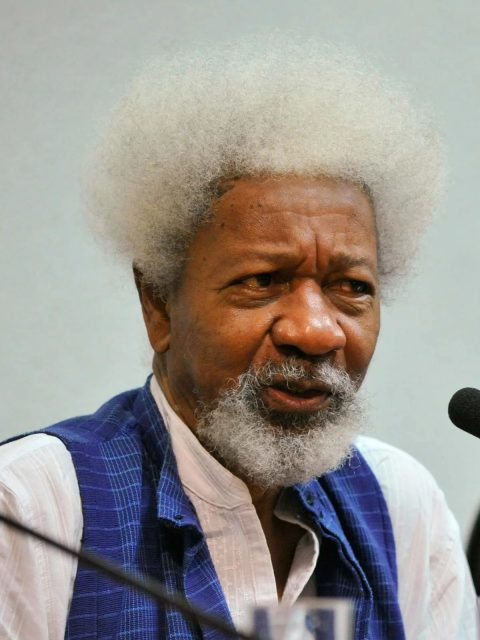Understanding NBAIS: A National Examination Board for Arabic and Islamic Studies; The National Board for Arabic and Islamic Studies (NBAIS) plays a vital role in Nigeria’s education system, particularly for students seeking a blend of religious and general education. Established in 1960, the board was officially recognised by the Federal Ministry of Education in 2011 and has been operating as an independent examination body—similar to WAEC and NECO—since 2017.
While NBAIS primarily focuses on Arabic and Islamic education, it also includes core subjects like English, Mathematics, and the Sciences. This makes it a holistic academic option for students from all backgrounds.
Importantly, NBAIS is open to both Muslim and Christian students, reflecting a commitment to inclusiveness and academic diversity.
HAVE YOU USED OUR JAMB TOOL YET? IT PROVIDES YOUR JAMB COMBINATION FOR FREE
How NBAIS Compares to WAEC and NECO

There’s a common misconception that the NBAIS certificate is somehow lesser than WAEC or NECO. In fact, this is not true.
According to Ustaz Abdul-Lateef Adekilekun, the Special Assistant to the NBAIS Registrar, the board’s certificate is fully approved by:
- The Federal Ministry of Education
- The National Universities Commission (NUC)
This official backing means the NBAIS certificate is academically equivalent to WAEC and NECO and should be accepted by any tertiary institution in Nigeria for admission purposes.
The Challenge: Why Some Universities Still Reject NBAIS
Despite its legal and educational recognition, many universities—particularly in southern Nigeria—still hesitate to accept NBAIS certificates. This rejection often stems from a lack of awareness among school administrators and admissions officers who may not fully understand NBAIS’s legal status or national role.
As a result, qualified students from NBAIS-affiliated schools sometimes face unnecessary hurdles when applying to higher institutions, even though their credentials are valid and meet national standards.
Where NBAIS Certificates Are Already Accepted
Acceptance of NBAIS results is strongest in northern Nigeria, where awareness is higher and integration into academic systems is more advanced. Universities and institutions in states like Kano, Kaduna, and others across the North have embraced NBAIS for student admissions.
In addition:
- Several federal universities that follow NUC guidelines also recognise the board’s results.
- NBAIS currently operates in 26 states, and over 1,200 schools across Nigeria are affiliated with the board.
This widespread presence underlines the growing importance of NBAIS in Nigeria’s educational landscape.
The Push for National Recognition and Awareness
To ensure fair treatment of NBAIS graduates, the board is calling on the federal government to launch a nationwide awareness campaign. The aim is to educate institutions, educators, and the public on the legal standing and value of the NBAIS certificate.
Such a campaign would:
- Ensure that students with NBAIS qualifications are not unfairly denied admission
- Encourage more schools to consider using NBAIS as a legitimate exam body
- Promote a more inclusive and diverse national education system
Final Thoughts

The NBAIS certificate is not just for religious studies; it represents a well-rounded academic foundation that combines spiritual and secular learning. With proper recognition and support, it can empower thousands of students across Nigeria to access higher education and contribute meaningfully to society.
If you are a student, educator, or policymaker, it’s time to support greater acceptance and awareness of NBAIS. A truly inclusive education system begins with recognising all valid pathways to learning.








